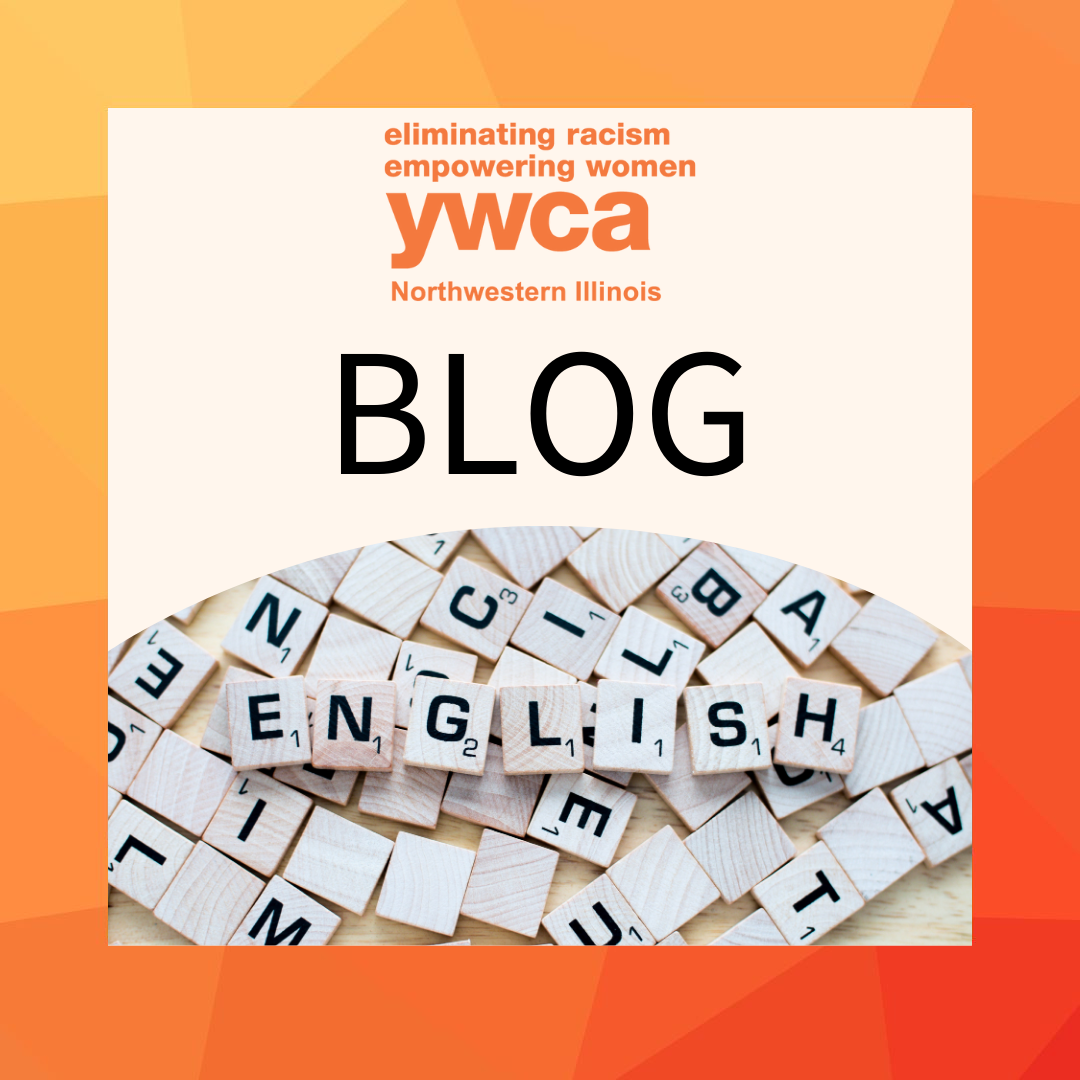September 8th marks a special occasion around the globe: International Literacy Day. Founded by the United Nations Educational, Scientific, and Cultural Organization (UNESCO) in 1967, this annual holiday is all about highlighting the importance of literacy. It’s a time to remind ourselves that reading and writing are crucial for building a more just, peaceful, and sustainable world.
This year, the theme for International Literacy Day is “Promoting multilingual education: Literacy for mutual understanding and peace.” And here’s why that’s such a big deal: In our increasingly globalized world, speaking more than one language isn’t just a bonus; it’s a game-changer.
Just think about it: Learning multiple languages does more than teach you how to say “hello” in different ways. It opens up doors to diverse cultures, fresh ideas, and new ways of thinking. Multilingual education helps people understand each other better and build stronger, more respectful communities.
Imagine a classroom where students are learning in both their native language and a second (or even third) language. They’re not just picking up vocabulary; they’re gaining insights into different cultures and perspectives. This kind of education can help break down cultural barriers and reduce prejudices. In places like Switzerland or Canada, where multiple languages are part of daily life, this approach to education has helped create a strong sense of unity while celebrating diversity.
But here’s the thing: making multilingual education work isn’t always straightforward. It means updating school curriculums, training teachers to handle diverse language needs, and ensuring that learning materials are available in different languages. It also means recognizing and valuing the languages that students already know and using them as assets in their education.
Unfortunately, the reality is that not everyone has access to this kind of education. Many people around the world still struggle with basic literacy, and this issue is even more pronounced in marginalized communities. By promoting multilingual education, we can create more inclusive schools and help bridge the literacy gap. This way, more people have the chance to learn, grow, and participate fully in their communities.
Multilingual education isn’t just good for individuals; it’s good for society. It aligns with the broader goals of making the world more equitable and sustainable. When people are literate in multiple languages, they’re better equipped to access information, seize economic opportunities, and engage in their communities. It’s all about empowering people to contribute to positive change.
As we celebrate International Literacy Day this year, let’s reflect on the benefits of multilingual education. Learning to communicate in various languages opens doors to deeper understanding and contributes to peace. By supporting multilingual education, we’re helping to create a future where everyone can thrive and where different voices are valued and respected.
In short, International Literacy Day is a chance to celebrate how far we’ve come and to push for more progress. Let’s use this day to commit to making education more inclusive and multilingual, so we can all work together towards a brighter, more connected world.
Want to know how you can promote literacy in your own community? Become a volunteer tutor and help adults learn to read, write, and speak English! Training and materials are provided for free, and in just two hours a week, you can help someone change their life for the better. For more information about becoming a volunteer tutor, call our office at 815-968-9681 Ext. 101 or complete an online application at ywcanwil.org/litcouncil.
-Sarah Catalfu, Literacy Coordinator, Adult Volunteer Literacy Program




